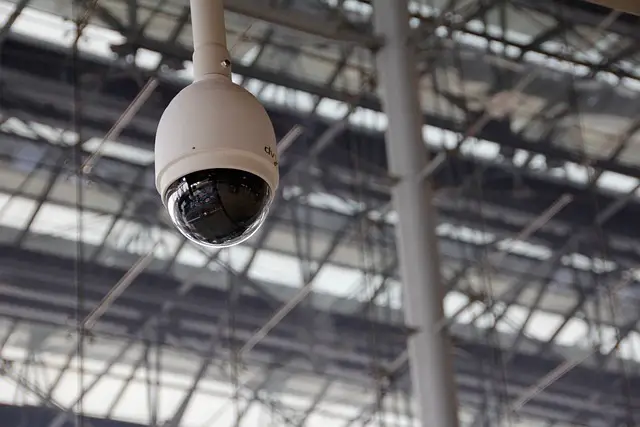
A lawsuit has been filed in Virginia against the Flock camera network, which automatically reads license plates and tracks vehicle movements. The complaint asserts that the system violates the Fourth Amendment of the U.S. Constitution, which protects against unwarranted surveillance.
In Norfolk, 172 such cameras have been installed, and, according to the plaintiffs, it is impossible to avoid being monitored. The cameras capture every passing vehicle, and the data is stored in a database where artificial intelligence can analyze routes. The lawsuit emphasizes that the system enables law enforcement to monitor individuals without their knowledge or consent.
One of the plaintiffs, Navy veteran Lee Schmidt, explained that the police could use Flock’s data to trace his daily routes. For instance, if Schmidt drives straight through the intersection near his home, it indicates he is heading to his daughter’s school; if he turns right, he is going to the shooting range; and if he turns left, he is en route to a store.
Another plaintiff, healthcare worker Crystal Arrington, added that the system could potentially reveal the identities of her patients. Since Arrington visits homes, the police can easily discern whom she is seeing.
Flock employs its cameras in more than 5,000 U.S. cities. The devices operate 24/7, autonomously, without human intervention. The company claims that its technology will eradicate crime in the country within 10 years. However, researchers previously enlisted by Flock to evaluate its operations have cast doubt on the findings.
The Institute for Justice, which filed the lawsuit, chose Norfolk deliberately. In 2022, the Court of Appeals deemed the use of drones for 12-hour surveillance in Baltimore unconstitutional, as it violated the Fourth Amendment. The lawsuit argues that Flock’s cameras are even more intrusive than drones, as they register every car, creating a “digital fingerprint” of each route. Moreover, the cameras were installed without the involvement of the city council.
Norfolk police have confirmed that traversing the city without being captured by the cameras is virtually impossible. Recently, a Virginia court prohibited the use of Flock camera data in a robbery case, as the police obtained it without a warrant, thereby infringing upon the suspect’s rights. Flock and Norfolk’s administration have yet to comment.
It is worth noting that in 2023, during a session of the UK Parliament’s Science, Innovation, and Technology Committee, it was stated that the facial recognition system used by the London Underground during the King’s coronation could exhibit racial bias under certain threshold settings.
Additionally, in 2023, a pregnant woman was arrested right outside her home in Detroit on charges of robbery and car theft. The arrest resulted from a false match in the automatic facial recognition system.


